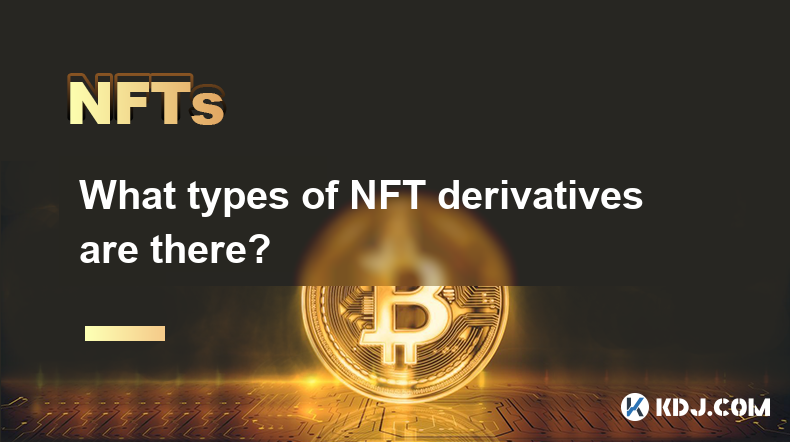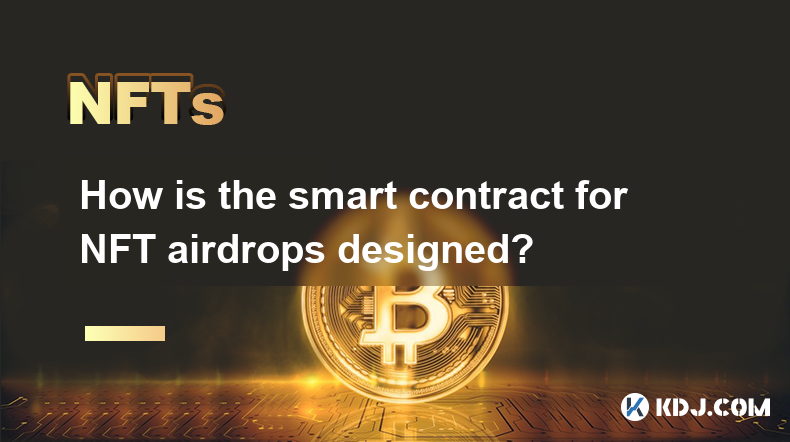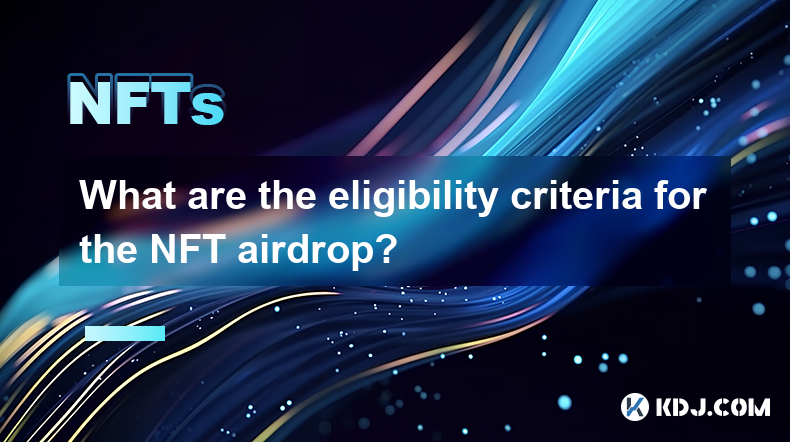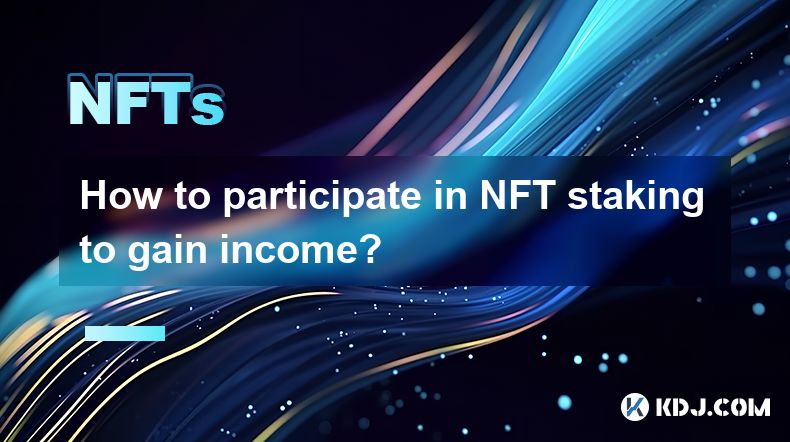-
 Bitcoin
Bitcoin $85,033.8535
1.17% -
 Ethereum
Ethereum $1,601.6239
2.40% -
 Tether USDt
Tether USDt $0.9998
-0.02% -
 XRP
XRP $2.0816
-0.36% -
 BNB
BNB $591.8032
1.50% -
 Solana
Solana $134.5402
4.40% -
 USDC
USDC $1.0000
0.00% -
 TRON
TRON $0.2495
-0.63% -
 Dogecoin
Dogecoin $0.1579
2.98% -
 Cardano
Cardano $0.6235
2.75% -
 UNUS SED LEO
UNUS SED LEO $9.0404
-3.92% -
 Chainlink
Chainlink $12.5761
3.19% -
 Avalanche
Avalanche $19.2826
2.38% -
 Toncoin
Toncoin $2.9759
3.44% -
 Stellar
Stellar $0.2404
2.04% -
 Shiba Inu
Shiba Inu $0.0...01190
2.15% -
 Sui
Sui $2.1421
2.84% -
 Hedera
Hedera $0.1636
4.43% -
 Bitcoin Cash
Bitcoin Cash $333.3231
4.53% -
 Polkadot
Polkadot $3.6531
3.10% -
 Litecoin
Litecoin $75.6935
1.57% -
 Hyperliquid
Hyperliquid $16.8002
7.83% -
 Dai
Dai $1.0002
0.01% -
 Bitget Token
Bitget Token $4.3605
1.13% -
 Ethena USDe
Ethena USDe $0.9992
-0.01% -
 Pi
Pi $0.6164
2.35% -
 Monero
Monero $216.8607
0.05% -
 Uniswap
Uniswap $5.2474
2.46% -
 Pepe
Pepe $0.0...07365
3.11% -
 OKB
OKB $50.7091
-1.30%
What types of NFT derivatives are there?
NFT derivatives, like fractionalization, options, futures, and perpetual swaps, allow investors to engage with NFTs without direct ownership, enhancing market liquidity and accessibility.
Apr 09, 2025 at 02:14 pm

Introduction to NFT Derivatives
NFT derivatives are financial instruments that derive their value from the underlying non-fungible tokens (NFTs). These derivatives have gained popularity in the cryptocurrency space as they offer new ways for investors to engage with NFTs without directly owning them. In this article, we will explore the various types of NFT derivatives, their functionalities, and how they are used within the crypto ecosystem.
NFT Fractionalization
NFT fractionalization is a process that allows a single NFT to be divided into smaller, more affordable pieces. This enables more people to invest in high-value NFTs that would otherwise be out of their price range.
- How it works: An NFT is placed into a smart contract, which then mints a new set of tokens representing fractional ownership of the original NFT. These tokens can be bought and sold on secondary markets.
- Benefits: Fractionalization democratizes access to valuable NFTs, allowing a broader range of investors to participate in the market.
- Examples: Platforms like Fractional.art and NIFTEX are popular for NFT fractionalization.
NFT Options
NFT options are contracts that give the buyer the right, but not the obligation, to buy or sell an NFT at a predetermined price within a specified time frame. This type of derivative is similar to traditional options but is specifically tailored for NFTs.
- Call Options: These give the buyer the right to purchase an NFT at a set price before the option expires.
- Put Options: These give the buyer the right to sell an NFT at a set price before the option expires.
- Usage: NFT options can be used for speculation, hedging, or as a way to gain exposure to NFTs without immediate full investment.
- Platforms: FTX and dYdX are examples of platforms that have explored NFT options.
NFT Futures
NFT futures are agreements to buy or sell an NFT at a future date for a price agreed upon today. These contracts are used to hedge against price volatility or to speculate on future price movements.
- Mechanics: A futures contract specifies the NFT, the price, and the expiration date. At expiration, the contract can be settled in cash or by delivery of the NFT.
- Advantages: Futures allow investors to manage risk and potentially profit from price movements without owning the NFT outright.
- Examples: Binance and Huobi have introduced NFT futures trading.
NFT Perpetual Swaps
NFT perpetual swaps are a type of derivative that allows traders to speculate on the price of an NFT without an expiration date. These swaps are similar to perpetual futures but are specifically designed for NFTs.
- Features: Perpetual swaps use a funding rate mechanism to keep the contract price aligned with the underlying NFT's market price.
- Benefits: They offer high leverage and the ability to hold positions indefinitely, making them attractive for traders.
- Platforms: Binance and FTX have been at the forefront of offering NFT perpetual swaps.
NFT Lending and Borrowing
NFT lending and borrowing involve using NFTs as collateral for loans or lending out NFTs to earn interest. This type of derivative allows NFT holders to unlock liquidity without selling their assets.
- Lending: NFT owners can deposit their NFTs into a lending platform to receive a loan in cryptocurrency.
- Borrowing: Borrowers can use the loaned NFTs for various purposes, such as participating in NFT staking or using them in decentralized applications (dApps).
- Platforms: NFTfi and Arcade are examples of platforms that facilitate NFT lending and borrowing.
NFT Insurance
NFT insurance is a derivative that protects NFT owners against potential losses due to theft, fraud, or other risks associated with owning digital assets.
- Coverage: Insurance policies can cover various risks, including smart contract vulnerabilities, platform hacks, and loss of private keys.
- Providers: Companies like Nexus Mutual and Unslashed Finance offer insurance products specifically designed for NFTs.
- Importance: As the value of NFTs grows, so does the need for protection against potential losses, making NFT insurance an essential derivative.
Frequently Asked Questions
Q: Can NFT derivatives be traded on traditional financial markets?
A: No, NFT derivatives are primarily traded on cryptocurrency and blockchain-based platforms. Traditional financial markets do not yet support the trading of NFT derivatives due to their unique nature and the underlying technology.
Q: Are NFT derivatives regulated?
A: The regulation of NFT derivatives varies by jurisdiction. In many countries, they fall under the broader category of cryptocurrency derivatives, which may be subject to financial regulations. It's important for investors to understand the regulatory environment in their region before engaging with NFT derivatives.
Q: How do NFT derivatives impact the overall NFT market?
A: NFT derivatives can increase liquidity and accessibility in the NFT market by allowing more people to participate without directly owning the assets. They can also introduce new risks and volatility, as they enable speculation and leverage trading.
Q: Can NFT derivatives be used for arbitrage opportunities?
A: Yes, traders can use NFT derivatives to exploit price differences between different markets or platforms. For example, if an NFT's price on one platform is significantly different from its futures price on another, traders can buy the NFT on one platform and simultaneously sell a futures contract on another to profit from the price discrepancy.
Disclaimer:info@kdj.com
The information provided is not trading advice. kdj.com does not assume any responsibility for any investments made based on the information provided in this article. Cryptocurrencies are highly volatile and it is highly recommended that you invest with caution after thorough research!
If you believe that the content used on this website infringes your copyright, please contact us immediately (info@kdj.com) and we will delete it promptly.
- Babylon Labs and Sui Expand Cooperation by Integrating BTC Staking Solution
- 2025-04-18 03:15:14
- XRP (XLM) Overtakes Ethereum (ETH) in Performance for the First Time in Five Months
- 2025-04-18 03:15:14
- Chainlink (LINK) Price Trapped in Multi-Week Falling Channel
- 2025-04-18 03:15:13
- The 'Base is for everyone' meme coin was briefly listed on Coinbase's Base network and got to a market cap of $17 million in its short-lived time.
- 2025-04-18 03:15:13
- Shiba Inu (SHIB) Price Prediction: Will SHIB Boom in 2025?
- 2025-04-18 03:10:19
- Solaxy (SOLX) Presale Raises Over $30 Million Ahead of Network Launch
- 2025-04-18 03:10:19
Related knowledge

How is the smart contract for NFT airdrops designed?
Apr 18,2025 at 03:10am
The design of a smart contract for NFT airdrops is a complex process that requires careful consideration of various factors to ensure the airdrop is executed smoothly and securely. This article will delve into the intricacies of how such a smart contract is designed, focusing on key components, security measures, and the implementation process. Key Comp...

What are the eligibility criteria for the NFT airdrop?
Apr 17,2025 at 04:56pm
Understanding NFT AirdropsNFT airdrops are a popular method used by blockchain projects to distribute non-fungible tokens (NFTs) to their community members. These airdrops can serve various purposes, such as rewarding loyal users, promoting new projects, or increasing the visibility of existing ones. To participate in an NFT airdrop, individuals must me...

What core technologies are needed to develop an NFT platform?
Apr 18,2025 at 02:29am
Developing an NFT (Non-Fungible Token) platform requires a deep understanding of several core technologies. These technologies span various domains including blockchain, smart contracts, and user interface design. Here, we will explore the essential technologies needed to build a robust and user-friendly NFT platform. Blockchain TechnologyBlockchain is ...

How to combine traditional artworks with NFTs?
Apr 17,2025 at 12:35am
The integration of traditional artworks with Non-Fungible Tokens (NFTs) represents a fascinating intersection of art and technology, offering artists and collectors new ways to engage with and monetize art. This article will explore how traditional artworks can be combined with NFTs, providing a detailed guide on the process, benefits, and consideration...

How to find potential NFT projects through data analysis?
Apr 18,2025 at 12:08am
Introduction to NFT Data AnalysisFinding potential NFT projects through data analysis involves a systematic approach to evaluating various data points that can indicate the potential success or failure of a project. By understanding the key metrics and trends, investors and enthusiasts can make more informed decisions. The process involves analyzing sal...

How to participate in NFT staking to gain income?
Apr 17,2025 at 06:14pm
Participating in NFT staking to generate income has become an increasingly popular method within the cryptocurrency community. NFT staking involves locking up your Non-Fungible Tokens in a smart contract to earn rewards, typically in the form of additional tokens or other benefits. This guide will walk you through the process of participating in NFT sta...

How is the smart contract for NFT airdrops designed?
Apr 18,2025 at 03:10am
The design of a smart contract for NFT airdrops is a complex process that requires careful consideration of various factors to ensure the airdrop is executed smoothly and securely. This article will delve into the intricacies of how such a smart contract is designed, focusing on key components, security measures, and the implementation process. Key Comp...

What are the eligibility criteria for the NFT airdrop?
Apr 17,2025 at 04:56pm
Understanding NFT AirdropsNFT airdrops are a popular method used by blockchain projects to distribute non-fungible tokens (NFTs) to their community members. These airdrops can serve various purposes, such as rewarding loyal users, promoting new projects, or increasing the visibility of existing ones. To participate in an NFT airdrop, individuals must me...

What core technologies are needed to develop an NFT platform?
Apr 18,2025 at 02:29am
Developing an NFT (Non-Fungible Token) platform requires a deep understanding of several core technologies. These technologies span various domains including blockchain, smart contracts, and user interface design. Here, we will explore the essential technologies needed to build a robust and user-friendly NFT platform. Blockchain TechnologyBlockchain is ...

How to combine traditional artworks with NFTs?
Apr 17,2025 at 12:35am
The integration of traditional artworks with Non-Fungible Tokens (NFTs) represents a fascinating intersection of art and technology, offering artists and collectors new ways to engage with and monetize art. This article will explore how traditional artworks can be combined with NFTs, providing a detailed guide on the process, benefits, and consideration...

How to find potential NFT projects through data analysis?
Apr 18,2025 at 12:08am
Introduction to NFT Data AnalysisFinding potential NFT projects through data analysis involves a systematic approach to evaluating various data points that can indicate the potential success or failure of a project. By understanding the key metrics and trends, investors and enthusiasts can make more informed decisions. The process involves analyzing sal...

How to participate in NFT staking to gain income?
Apr 17,2025 at 06:14pm
Participating in NFT staking to generate income has become an increasingly popular method within the cryptocurrency community. NFT staking involves locking up your Non-Fungible Tokens in a smart contract to earn rewards, typically in the form of additional tokens or other benefits. This guide will walk you through the process of participating in NFT sta...
See all articles
























































































